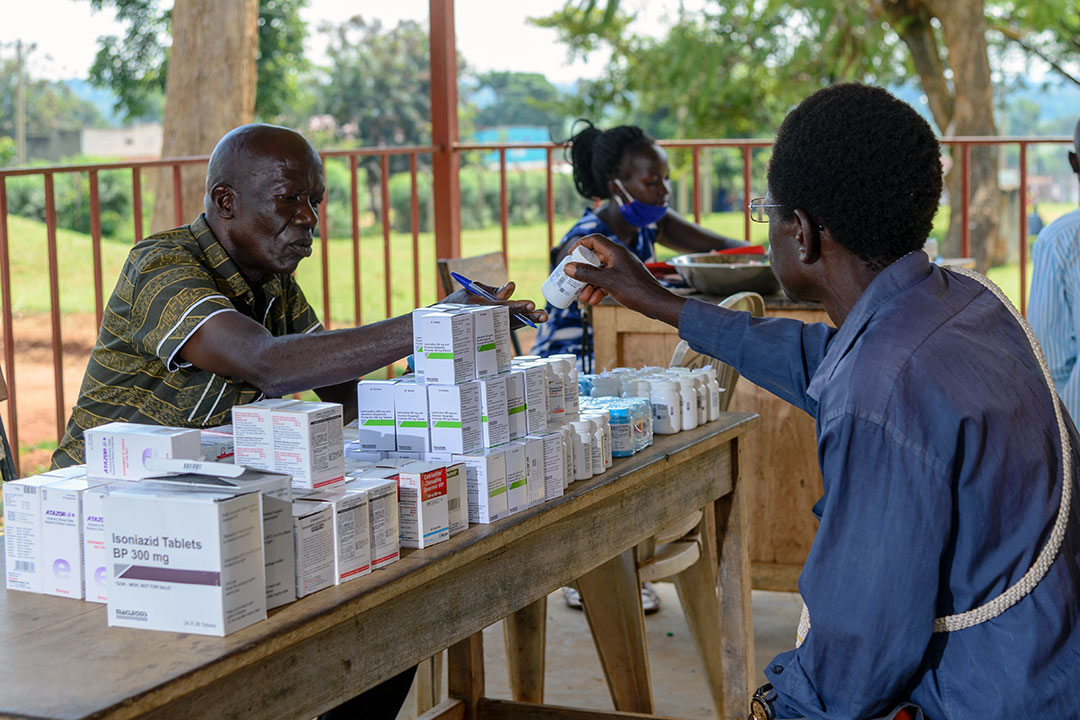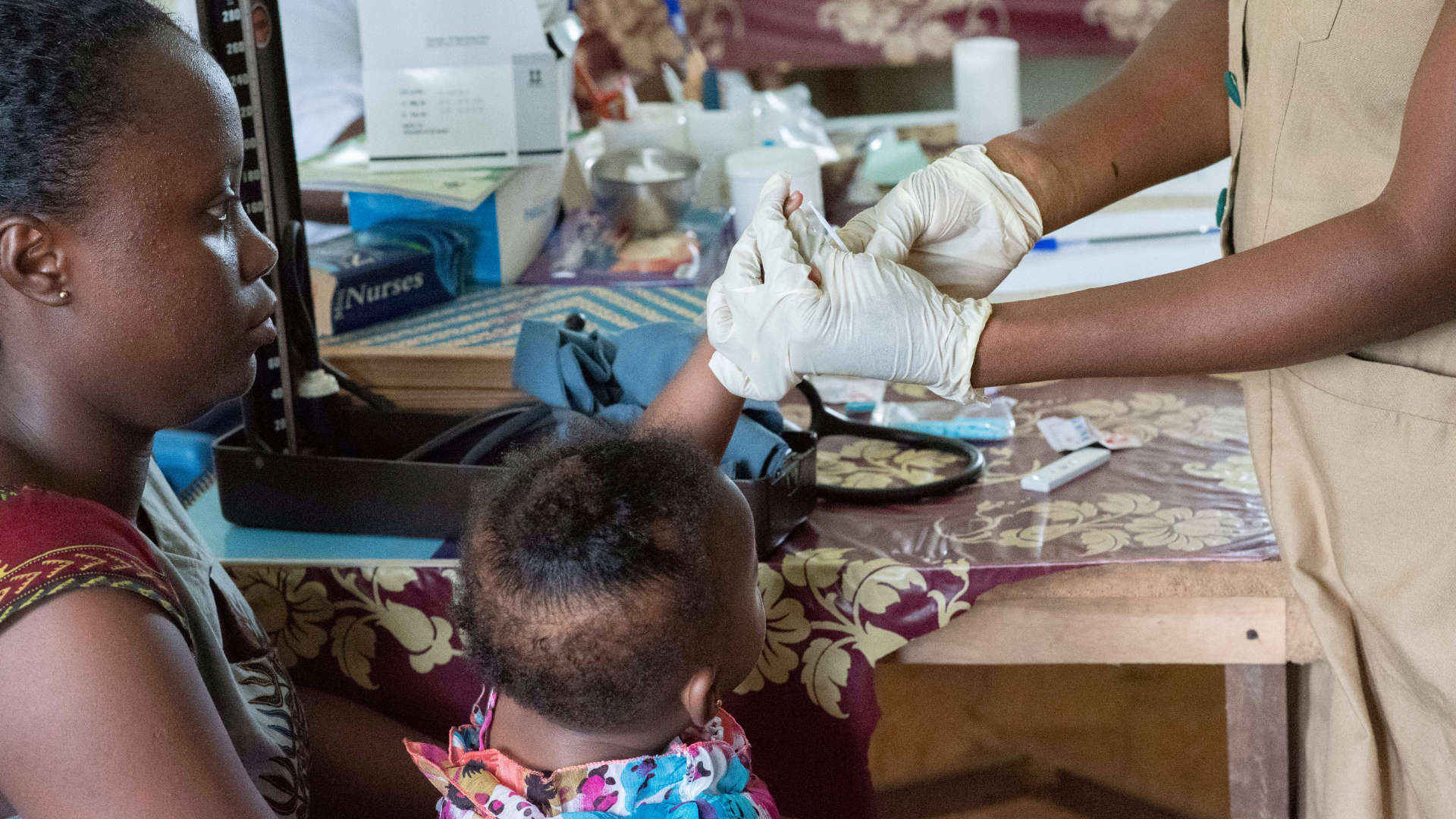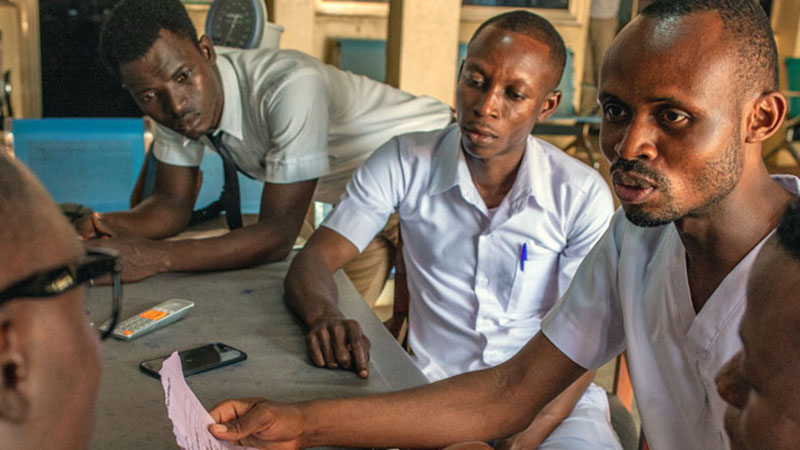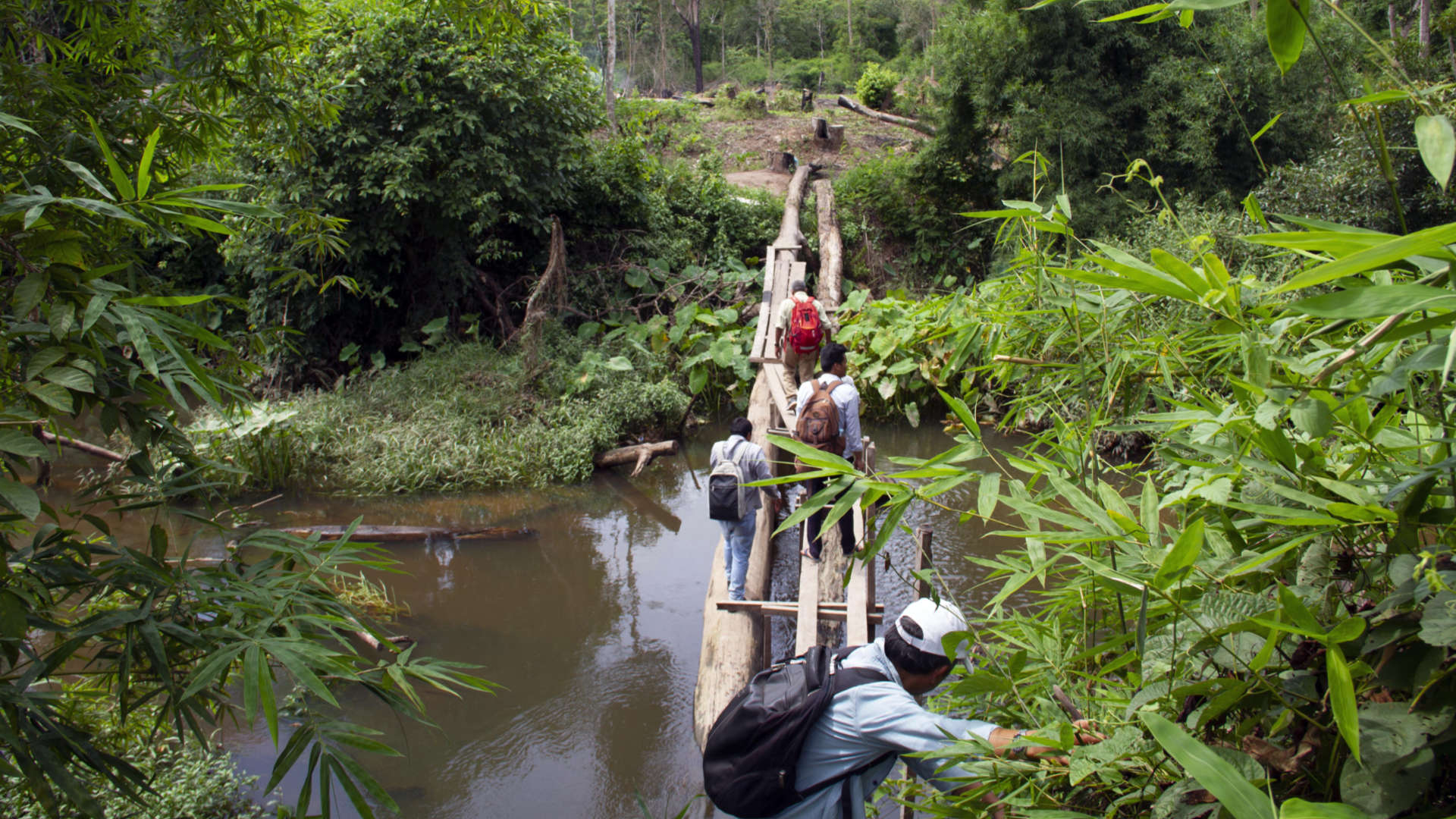
Luigi Jaramillo
Supply Chain Technical Advisor

Debora Freitas Lopez
Regional Team Lead
Ensuring reliable and affordable procurement of pharmaceuticals and medical supplies in low- and middle-income countries is a critical element of providing quality health care services.
Unfortunately, supply chain management systems are susceptible to scams, kickbacks, leakages, and theft, which compromise governments’ ability to provide timely access to medicines and medical supplies. Less than a decade ago, country supply chain projects rarely had a dedicated governance advisor to provide input. Today, in-country programs must have staff who ensure and build sustainability, transparency, ownership, improved services, wider availability of supplies, and a sense of common purpose.
At URC, our technical teams work closely with USAID missions and ministries of health to select a mix of interventions for strengthening governance in the supply chain process. In Guatemala, for example, we have for 20 years assisted country partners carry out analyses to determine who supports health supply chain management and governance-building efforts. We then work to align support under one plan and a unified vision.
Fostering Local Ownership, Setting Goals, and Measuring Progress
Through URC’s experience, we have devised six in-country program principles for ensuring high-performing supply chains for health commodities.
- Ownership and leadership: In-country stakeholders and counterpart organizations must own the good governance-building process. This means local partners develop and carry out gap assessments and improvement plans.
- Lead from behind: Projects must rely on local partners to lead or co-lead the good governance-building strategies. Local counterparts own the work plans and lead the supply chain strengthening interventions with the support of project-provided expertise.
- Country context-specific: For success, governance-building activities and tools utilized depend on the local level of commitment and capacity and must be aligned with government expectations, long-term vision, and plans.
- Results-oriented: Strategic plans and corresponding activities should include indicators to measure progress towards building good governance. These can be complemented with implementation research to assess the impact of the interventions.
- Long-term view: Because building good governance is a lengthy process that requires significant and important changes in attitudes, behaviors, and systems, proposed governance plans should not be just quick fixes, but part of broader plans designed to strengthen overall health systems. Governance-strengthening support should not take place in isolation.
- Learning: Focus support in adapting evidence-based and proven approaches from other countries and industries. These approaches may use International Standards Organization 9001 standards and lean methodologies to develop process maps and streamline operations.
Supply Chain Good Governance in Action
URC’s principles are not just theories – they are based on our real-world experience supporting the improvement of country supply chains across the globe.
URC has, for more than two decades supported the Guatemala Ministry of Health design and implement logistics management information systems. These systems have allowed reproductive health and national HIV/AIDS programs and logistics management units to focus on data using low-cost online applications to monitor stock levels of health commodities in real time. These systems enable staff to implement immediate actions to prevent stockouts and waste.
With the help of the “Usapang Dibdiban” approach – a comprehensive discussion with local government executives – the USAID TB Platforms Project in the Philippines, led by URC, supports supply chain activities of local government units by empowering TB coordinators to discuss the status of TB drugs in their respective municipalities and to advocate for increased resources.
In Uganda, the USAID RHITES-N, Acholi Activity, led by URC, has supported equitable distribution of health commodities in the project-supported region by bridging the communication and planning gap between districts and health units. URC established communication channels utilizing electronic mail groups and a WhatsApp group to link districts and health facility focal persons to track stock levels, share needs, and support each other in quantification, ordering, and redistribution to prevent stockouts and waste.
For supply chain interventions to work, partner countries need effective policy making, transparent rules, open information, and active participation by all relevant stakeholders in the health sector.



